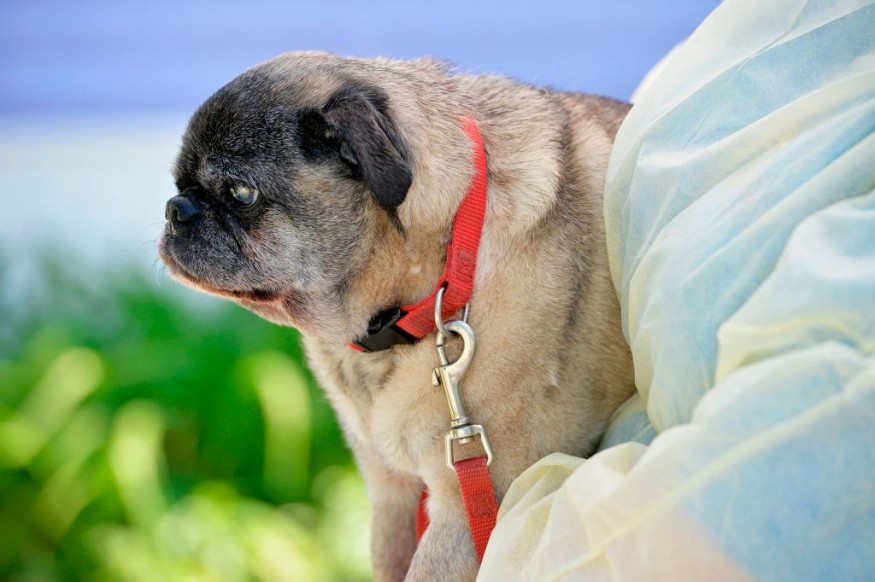It's surprising how most of the popular dog breeds have the most health risks linked to developing certain diseases.
In Norway, two dog breeds - British Bulldogs and Cavalier King Charles spaniels - are prone to health problems such as labored breathing and heart defects, mostly due to selective breeding.
According to the ruling from the Oslo District Court, selective breeding of both dog breeds violates animal welfare laws, which led to its ban as established by Norway's Animal Welfare Act.
The animals rights group Animal Protection Norway who brought the issue to court said in Independent that the landmark ruling was "first and foremost a victory for our dogs," as reported in USA Today.
Although the recent ban applies only to the two dog breeds, Independent UK enumerates several dog breeds which also face health problems the most.
Health issues from heredity

Some dogs may be built differently, but could factor to their disadvantage. For instance, an English Bulldog's short snout and short-muzzled head make it prone to severe respiratory problems. Their skin, which is their common feature, also leads to eye and skin conditions due to the folds.
Cavalier King Charles spaniels are prone to heart conditions, eye problems, and joint problems as a result of selective breeding.
Meanwhile, other health issues can be hereditary such as the degenerative myelopathy in German Shepherds. According to the Mid-Atlantic German Shepherd Rescue (MAGSR), German Shepherds are prone to this autoimmune-based, progressive neurological disease that affects the spinal cord.
"It appears with relative frequency only in the German Shepherd dog; therefore, a hereditary factor is likely but not yet proven," the outlet states.
According to People for the Ethical Treatment of Animals (PETA), the dogs are also prone to developmental disorders in their hips and joints as they grow, also hereditary and common in multiple large dog breeds.
List of unhealthy dog breeds
While the list goes on, PETA notes another dog breed prone to health issues such as Shar peis which can develop cataracts, hip dysplasia, thyroid issues such as hypothyroidism, and eye concerns such as conjunctivitis and corneal ulcers. Golden Retrievers also suffer from cancer and hip and elbow dysplasia, among others, as per the Golden Retriever Society. They are also at risk of developing Von Willebrand disease, a blood disorder.
Moreover, Boxers are also on the list which is likely to develop health issues such as cardiomyopathy, epilepsy, tumours, and subaortic stenosis. Dachshunds are prone to a number of health concerns as well such as spinal and neurological issues due to their body shape.
In addition, the large Bernese Mountain Dog has extremely short lifespans due to years of inbreeding. Pugs on the other hand, like bulldogs, suffer from health issues resulting from their flat snouts, which restrict airflow, and can lead to respiratory issues. They are prone to eye problems such as eye infections due to their bulging eyes, as well.
PETA's list also includes Labrador Retrievers which can develop cataracts, hip and elbow dysplasia, and bloat. The breed is also prone to obesity and exercise-induced collapse, according to PetMD.
© 2025 NatureWorldNews.com All rights reserved. Do not reproduce without permission.





